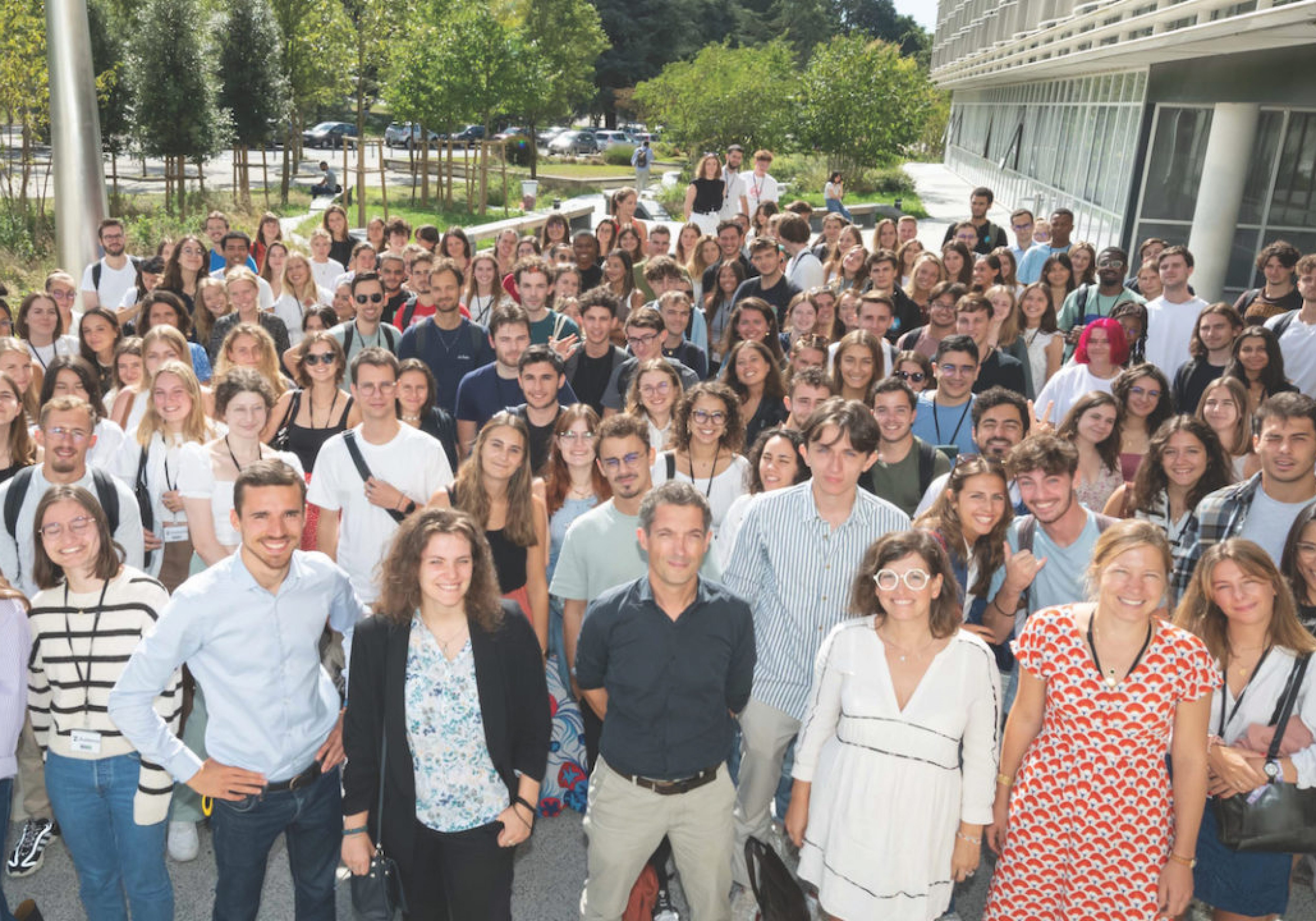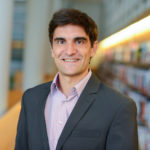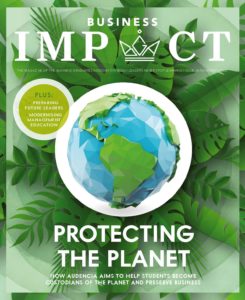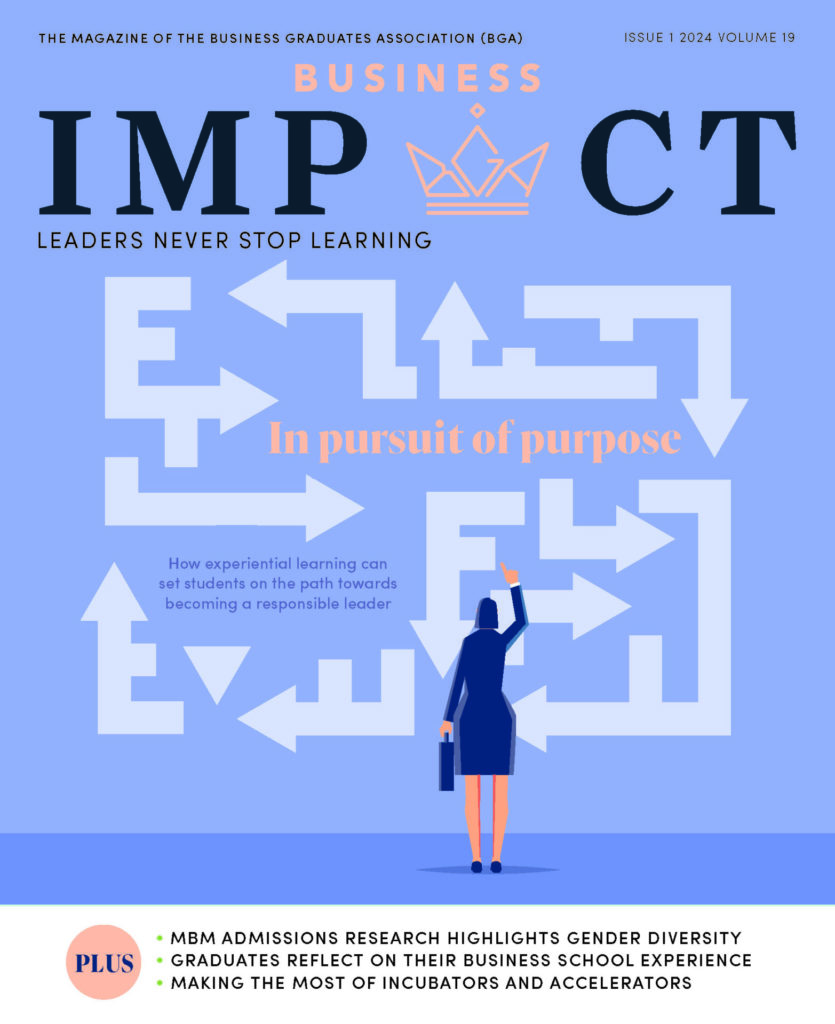
Is innovation the key to progress on sustainability?
Research from Australia’s La Trobe Business School offers insights for organisations that need to navigate the complex landscape of environmental sustainability and innovation. Colette Doyle reports








